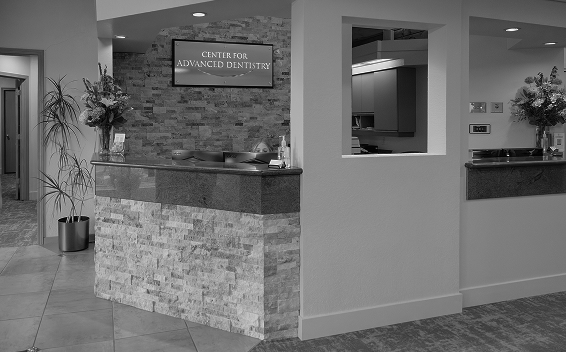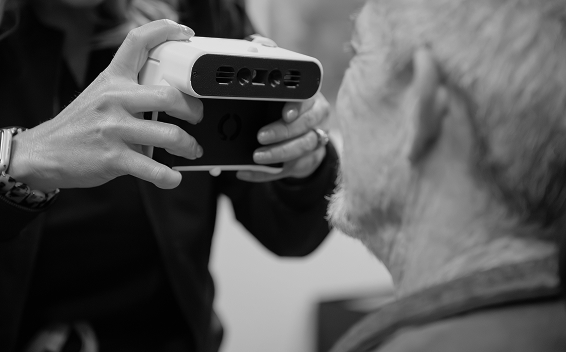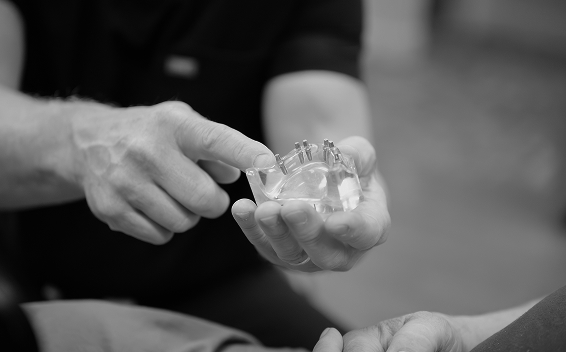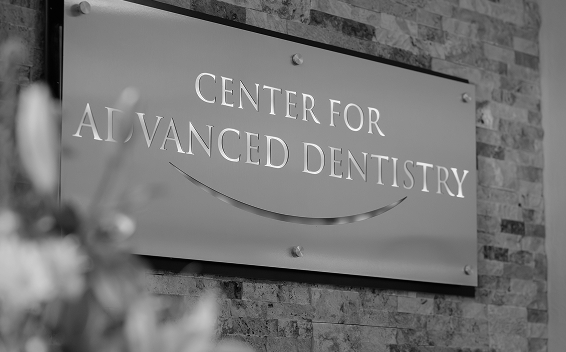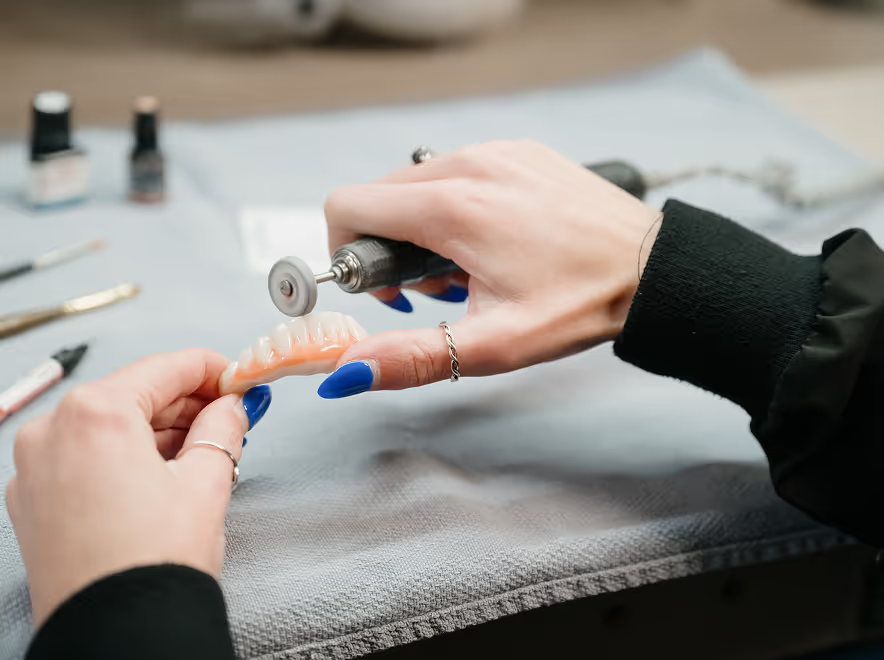
Signs You Need Root Canal Therapy in Loveland, CO
When to Seek Treatment for Dental Infections
Many patients are apprehensive about getting a root canal treatment because they fear the pain associated with the procedure, which is a common myth. But, the truth is, a root canal can provide significant relief from the pain and discomfort caused by an infected tooth.
So, how do you know if you need root canal therapy? Discover common signs of dental infection with our Loveland, CO dentist, Dr. Howard, and what to do when you suspect your tooth is infected. Call (970) 669-3918 to learn more.

Signs You Need a Root Canal Procedure
Persistent Pain
One of the most significant indicators that suggest you need root canal therapy is persistent pain. If you experience sharp, throbbing pain in your tooth, especially when you bite down or apply pressure, it could be a sign of infected pulp. The pain can also spread to your jaw, ear, or neck, indicating that the infection has spread beyond the tooth.
Sensitivity to Temperature
Do you experience discomfort or pain when you consume hot or cold beverages or food? This temperature sensitivity could indicate that the nerves inside your tooth are damaged or infected and that you need root canal therapy.
Gum Swelling and Tenderness
If you notice swollen gums around the affected tooth, it could be a sign of an abscess or root canal infection. An abscess is a pus-filled pocket that forms at the tooth’s base and can cause severe tooth pain and discomfort in the root canals. In such cases, root canal therapy is essential to prevent the infection from spreading to other parts of the body.
Tooth Discoloration
An infected tooth can appear discolored or darkened, indicating that the pulp inside is damaged. If your tooth has changed color and you experience pain or sensitivity, seek immediate treatment for your dental health.
Cracked or Chipped Tooth
A chipped or cracked tooth can expose the pulp, leading to infection and decay that may need a root canal. If you notice a crack or chip in your tooth and experience pain or sensitivity, you should consult your dentist immediately.
Persistent Pimple on the Gums
Also known as a dental abscess or fistula, this can be a sign of an infection draining from the tooth. It may also be accompanied by pus, which can give a bad taste in the mouth.
Risk Factors of Developing a Tooth Infection
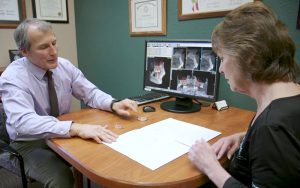
While anyone can develop an infected or damaged tooth that requires root canal therapy, certain factors can increase your risk. These include:
- Poor Oral Hygiene: Failing to brush and floss regularly can lead to a buildup of plaque and bacteria, which can eventually lead to tooth decay and infection.
- Tooth Injury: A cracked or chipped tooth can expose the pulp and make it more susceptible to infection and decay.
- Deep Cavities: Untreated cavities can progress and reach the pulp, leading to infection and pain.
- Previous Dental Work: If you have had multiple dental procedures on a tooth, such as fillings or crowns, it may be more susceptible to infection and require root canal therapy.
Contact our Loveland, CO dentist at the Center for Advanced Dentistry by calling (970) 669-3918 today if you’re experiencing signs of a root canal infection. Dr. Howard will do their best to ensure that your natural tooth gets saved.
Frequently Asked Questions
What happens if you don’t get a root canal treatment?
If left untreated, an infected or damaged tooth that requires root canal therapy can lead to complications and even tooth loss. The infection can spread to the surrounding teeth and gums, causing further decay and damage. Ignoring the signs you need root canal therapy can lead to more pain, expensive dental procedures, and possibly tooth extraction.
What does your tooth feel like if you need a root canal treatment?
If you need root canal therapy, your tooth may feel sensitive or painful, especially when you bite down or apply pressure. You may also experience throbbing or aching pain, as well as sensitivity to hot and cold temperatures. In some cases, the tooth may become discolored or darkened, and the surrounding gums may be swollen and tender.
How do I know if my cavity has reached the pulp?
If your cavity has reached the pulp, you may experience symptoms such as:
- Pain when you bite down or apply pressure to the tooth
- Sensitivity to hot and cold temperatures
- Swelling or tenderness in the surrounding gums
- A small bump or pimple on the gums near the affected tooth
- Discoloration of the tooth, such as darkening or grayness
Don’t Put Off Necessary Dental Work
Root canal therapy is a safe and effective dental treatment that can save your tooth and prevent further complications. If you experience any of the signs mentioned above, seek immediate dental treatment. Early detection and treatment can help preserve your tooth and prevent more significant problems.
If you think you might need a root canal, call our Loveland, CO, office at (970) 669-3918 to schedule a consultation. We proudly serve Colorado patients in Loveland and surrounding areas such as Greeley, Evans, and Garden City.
Connect With Us!
Please call 970-669-3918 or request an appointment online to set up your first visit. We’ll be in touch soon.
